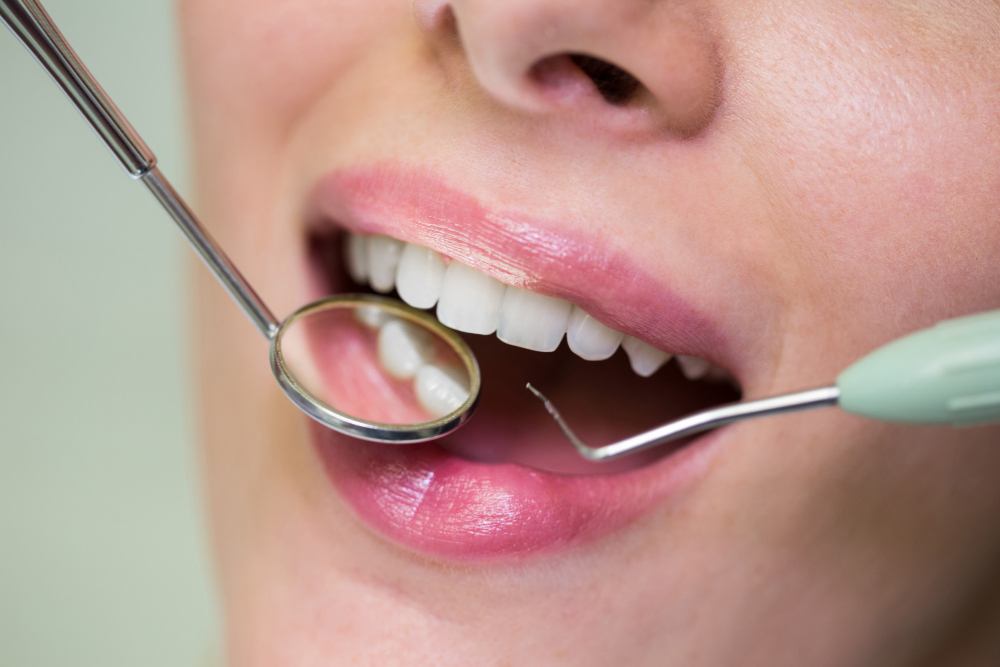Introduction
Diabetes is a chronic condition that affects millions of people worldwide. It occurs when the body either doesn’t produce enough insulin or can’t use the insulin it produces effectively, leading to elevated blood glucose levels. While most individuals are aware of the potential impact of diabetes on overall health, they may not realize the significant consequences this condition can have on oral health. One of the most common oral health issues associated with diabetes is tooth decay. In this blog, we will explore the link between diabetes and tooth decay, the factors contributing to this connection, the potential consequences of uncontrolled diabetes on oral health, and essential tips for maintaining a healthy smile.
Part 1: Understanding Diabetes and Tooth Decay
Diabetes: A Brief Overview
Diabetes is a metabolic disorder that affects how the body processes glucose, resulting in elevated blood sugar levels. There are different types of diabetes, including Type 1, Type 2, and gestational diabetes.
Tooth Decay: An Overview
Tooth decay, also known as dental caries or cavities, is a common oral health problem caused by the breakdown of tooth enamel due to the acids produced by bacteria in dental plaque.
The Link Between Diabetes and Tooth Decay
Diabetes can increase the risk of tooth decay due to several factors, including elevated blood sugar levels, reduced saliva flow, and compromised immune response.
Part 2: Factors Contributing to Tooth Decay in Diabetes
Elevated Blood Sugar Levels
High blood sugar provides an abundant source of nutrients for bacteria in the mouth, promoting the growth of harmful bacteria that produce acids, leading to tooth decay.
Reduced Saliva Flow
Individuals with diabetes may experience dry mouth (xerostomia) due to reduced saliva production. Saliva helps neutralize acids and wash away food particles, protecting against tooth decay.
Compromised Immune Response
Uncontrolled diabetes can weaken the body’s immune system, making it more challenging to fight off infections, including those in the mouth that can contribute to tooth decay.

Part 3: The Consequences of Tooth Decay in Diabetes
Pain and Discomfort
Tooth decay can cause pain, sensitivity, and discomfort, affecting the quality of life and daily activities of individuals with diabetes.
Difficulty Eating
Tooth decay may make it difficult for individuals with diabetes to eat a balanced diet, which is crucial for managing blood sugar levels.
Complications and Infections
Untreated tooth decay can lead to more severe oral health issues, such as dental abscesses and infections, which can exacerbate the impact of diabetes on overall health.
Part 4: Prevention and Management of Tooth Decay in Diabetes
Blood Sugar Control
Maintaining stable blood glucose levels through proper diabetes management can help reduce the risk of tooth decay.
Excellent Oral Hygiene
Practicing good oral hygiene, including brushing at least twice a day with fluoride toothpaste and flossing daily, is essential for preventing tooth decay.
Regular Dental Check-ups
Regular dental check-ups and professional cleanings are crucial for monitoring oral health and addressing any signs of tooth decay early on.
Addressing Dry Mouth
If you experience dry mouth, stay hydrated, and consider using saliva substitutes or prescription medications to increase saliva flow and protect against tooth decay.
Part 5: Dietary Considerations for Dental Health in Diabetes
Limit Sugary Foods and Drinks
Reducing the consumption of sugary foods and beverages can help lower the risk of tooth decay and support overall blood sugar control.
Choose Tooth-Friendly Snacks
Opt for teeth-friendly snacks like fresh fruits, vegetables, and nuts, which can promote oral health and contribute to a balanced diet.
Part 6: The Importance of Collaboration
Dental and Medical Care Collaboration
Collaboration between dental and medical professionals is essential for managing both diabetes and its impact on oral health effectively.
Shared Responsibility
Individuals with diabetes must actively participate in their oral and medical care to achieve the best possible outcomes for both diabetes management and oral health.
Conclusion
Diabetes and tooth decay are significant health concerns that can have a profound impact on overall well-being and quality of life. Understanding the link between diabetes and tooth decay is crucial for individuals with diabetes to prioritize their oral health and take proactive steps in preventing tooth decay. By controlling blood glucose levels, practicing excellent oral hygiene, attending regular dental check-ups, and collaborating with both dental and medical professionals, individuals with diabetes can protect their smiles and improve their overall health. Remember, a healthy smile is a reflection of overall well-being, and by prioritizing oral care and diabetes management, individuals can enjoy a brighter, healthier smile and reduce the risk of oral health complications associated with diabetes.


